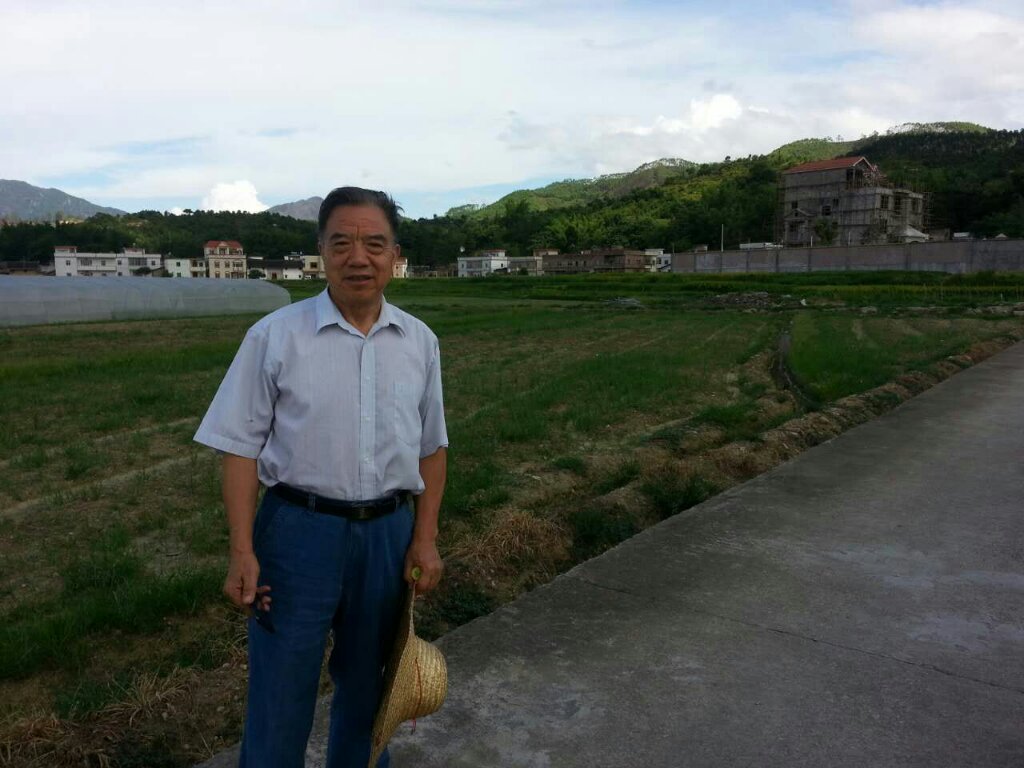Are Chinese companies ready to get serious about sustainable sourcing?
The Chinese people have always disagreed with the idea of “killing the goose that lays the golden eggs.” As the Chinese government is increasingly aware of the severity of ecological damage, industrial pollution and chemical and biological contamination, some Chinese companies have made preliminary sustainability plans to support responsible production through responsible sourcing. In April 2015, the Chinese government issued the Opinions on Accelerating the Development of Eco-civilization. New government rules that punish companies for damaging the environment have made all major companies more aware of environmental responsibility – as well as the business risk involved. More and more consumers are starting to ask, where does my product come from? Is it safe for me to eat? Chinese companies are taking steps to ensure their products are environmentally responsible and to ensure food safety for consumers, which is in fact a responsible approach for their own long-term growth and development, as well as a reflection of the leadership of major companies.
 Liu Denggo stands in front of soybean crops in Dapu county, Guangdong province
Liu Denggo stands in front of soybean crops in Dapu county, Guangdong province
Do many businesses say that environmental protection really is the work of governments?
When we talked about environmental protection in the past, we often focused on the role of the government and the state in the protection of the environment and resources by means of law. That is undoubtedly necessary and correct, and the government must be relentless in its efforts for strict enforcement.
However, policies and laws alone are not enough. Recently, “No Trading, No Killing”, the message from a public service announcement, has become very popular in China, which shows that the market as a force for wildlife conservation cannot be ignored. Business and the market must also play a role in the conservation of the world’s rainforests and wetlands as well as biological diversity. If the market is full of products produced in an illegal and predatory way, the irresponsible procurement of such products by companies is, in fact, in support of the predatory production – and then what is the point of conservation? I believe that nature conservation and humankind’s sustainable development can be achieved only if the government and business work together to ensure there is no market for the products produced in an illegal and predatory way through both law enforcement and responsible procurement practices of companies. The sustainable soy project between China and South America represents the right direction for development. Through this initiative, we will establish a close partnership with the industry associations and farmers in Brazil and Argentina to work together to contribute to the conservation of the world’s environment and resources as well as the sustainable development of the soybean industry.
What is the greatest challenge to promoting sustainable sourcing in China?
China prioritizes the sourcing of agricultural products produced in a responsible way, reflecting the positive influence of Chinese companies on promoting sustainable development. However, there are a variety of challenges.
- First of all, due to the low production costs of deforestation and the quick effect of indiscriminate use of chemical and biological products to improve yield, the soy products produced in this way have market advantage in the short run. Responsible production requires ecological conservation and maintenance of product quality that often increase production costs, and thus may be at a disadvantage in comparison to the irresponsibly produced products.
- Secondly, although ecological damage and climate change have drawn the attention of people around the world, there are still differences in the behavior of countries and companies as driven by their own interests. Companies tend to give top priority to their immediate commercial interests. I hope that the sustainable soy trade platform will enable market leaders in China to develop consensus and aligned strategy in supporting sustainable production and responsible procurement of soy.
- Thirdly, there is a lack of widely accepted standards, certification, customs inspection and other market operating systems to ensure there is enough supply of certified or sustainably produced soy to meet the huge market demand in China.
To address the above challenges, it is necessary for the stakeholders in China and soy producing countries to reach a consensus, some responsible companies to take the initiative in exploration and the legislative and law enforcement forces to work closely with the market forces. Chinese companies are willing to collaborate with major soy producing countries in South America to explore new development path, in order to protect the environment, secure food supply and achieve sustainable development of the global soybean industry.
